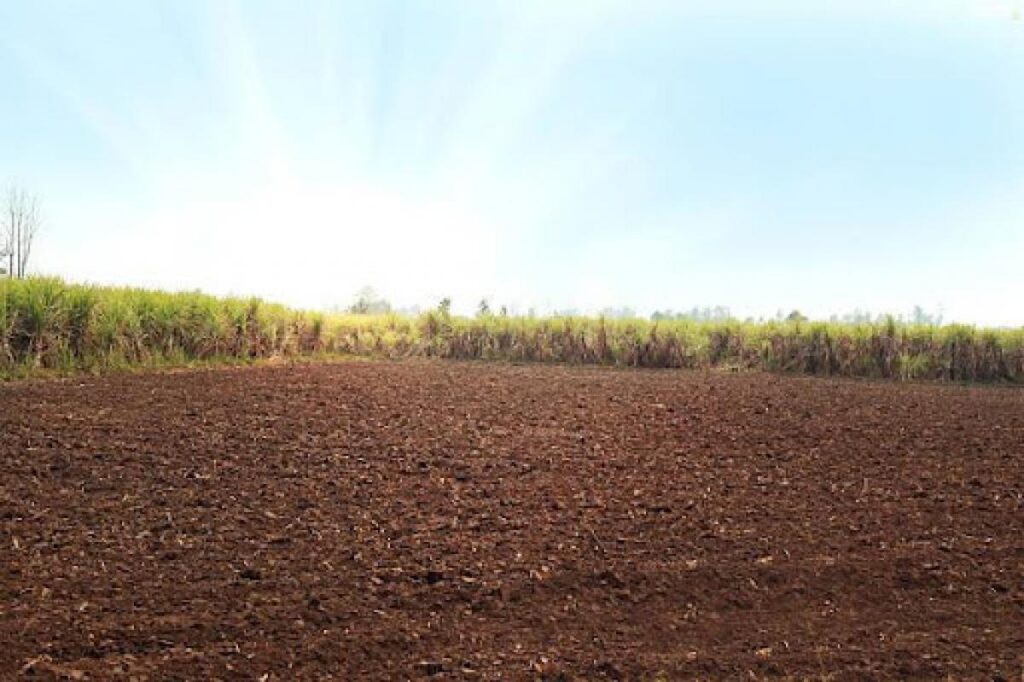GEOTECHNICAL INVESTIGATION TECHNIQUES FOR INFRASTRUCTURE PROJECTS
Applications of Geotechnical Engineering in Civil Construction
Geotechnical engineering is a crucial discipline within civil engineering that deals with the behavior of earth materials and their interaction with structures. It plays a vital role in ensuring the safety, stability, and longevity of civil construction projects. Geotechnical engineers apply their expertise to various aspects of civil construction, and their contributions are indispensable in the following key areas:
1. Foundation Design
One of the primary applications of geotechnical engineering in civil construction is foundation design. Foundations are the bedrock upon which structures are built, and their design must account for the soil’s properties and load-bearing capacity. Geotechnical engineers conduct soil investigations, analyze soil composition, and determine the appropriate foundation type (e.g., shallow or deep foundations) to ensure that buildings and infrastructure are adequately supported.
2. Slope Stability Analysis
Slope stability analysis is essential in projects involving roads, embankments, dams, and retaining walls. Geotechnical engineers assess the stability of slopes by analyzing soil properties, groundwater levels, and external forces. By identifying potential instability issues, they can recommend appropriate measures to mitigate the risk of landslides and slope failures, ensuring the safety of structures and the surrounding environment.
3. Earthquake Engineering
In regions prone to seismic activity, geotechnical engineering plays a critical role in earthquake-resistant design. Engineers analyze soil liquefaction potential, ground motion amplification, and site-specific seismic hazards. This information guides the development of effective seismic design strategies and the selection of appropriate foundation systems to enhance a structure’s ability to withstand earthquakes.
4. Retaining Wall Design
Retaining walls are often used in civil construction to manage changes in ground elevation, prevent soil erosion, and create level surfaces for development. Geotechnical engineers evaluate soil properties and loads to design retaining walls that are structurally sound and cost-effective. Properly designed retaining walls enhance safety and aesthetics while optimizing land use.
5. Soil Improvement Techniques
Sometimes, the soil conditions at a construction site are not ideal for supporting structures. Geotechnical engineers employ various soil improvement techniques, such as compaction, grouting, and ground reinforcement, to enhance the soil’s load-bearing capacity. These techniques can significantly reduce settlement and increase the stability of foundations.
6. Geoenvironmental Engineering
Geotechnical engineering extends beyond structural considerations and encompasses geoenvironmental aspects. Engineers assess soil and groundwater quality to address potential contamination issues, design containment systems for hazardous materials, and ensure compliance with environmental regulations. This application is crucial for projects involving landfills, waste disposal facilities, and industrial sites.
7. Geotechnical Instrumentation and Monitoring
Monitoring the performance of structures and soil over time is essential for ensuring safety and making necessary adjustments. Geotechnical engineers install instruments like inclinometers, piezometers, and settlement gauges to collect data on ground movement, stress, and deformation. This information helps identify issues early on, allowing for timely corrective actions.
8. Bridge and Tunnel Construction
Geotechnical engineering is vital in the design and construction of bridges and tunnels. Engineers evaluate soil conditions to determine foundation types and ensure stability during construction and throughout the structure’s lifespan. Proper geotechnical considerations prevent settlement, distortion, and damage to these critical transportation assets.
9. Coastal and Offshore Engineering
Coastal and offshore projects require specialized geotechnical expertise to address the challenges of working in marine environments. Geotechnical engineers assess seabed conditions, wave forces, and soil behavior to design foundations for offshore platforms, breakwaters, and coastal protection structures.
In conclusion, geotechnical engineering plays an indispensable role in civil construction by providing the necessary knowledge and expertise to address soil-related challenges. Whether it’s designing foundations, ensuring slope stability, earthquake resilience, or managing environmental concerns, geotechnical engineers are at the forefront of creating safe, efficient, and sustainable infrastructure for society. Their contributions enable the successful completion of complex construction projects while minimizing risks and ensuring long-term durability.


